A majority of presbyteries in the PCUSA have now approved Amendment 24-C, according to the progressive Covenant Network of Presbyterians (CNP), giving denominational leaders yet another tool in their quest to cull conservatives from being ordained and installed as ministers, elders, and deacons by ensuring that “inclusion and diversity will play a more substantial role in the decision-making.”
The amendment to G-2.0104b of the church’s Book of Order requires presbyteries and sessions to examine candidates on the principles of representation found in another provision, F-1.0403. That important paragraph—which already included “race, ethnicity, age, sex, disability, geography, or theological conviction”—will now also include “sexual orientation” and “gender identity” thanks to the earlier passage of Amendment 24-A.
The CNP states that “Amendment 24-C does not change councils’ freedom to decide whether someone should be ordained; rather, it gives councils more information about candidates’ understandings as they make their decisions.” Put another way, they will be better equipped to know if a candidate is gay affirming, with the goal to then exclude them for being discriminating against “LGBTQ siblings.’
Rev. Brian Ellison, the Executive Director of CNP, was ecstatic at the news, adding:
“This new language provides the church with a rich opportunity for deeper reflection, honest conversation, and authentic discernment. I’m genuinely excited to see the ways these more comprehensive examinations will benefit LGBTQIA+ people, as well as those from other marginalized groups, as they hear more where they stand with those who would serve among them.”
Some of the sample questions that would now be asked of seminary candidates would include:
- What would you say to a member of your session if they came to tell you that they couldn’t continue serving as an elder because they disagreed with another elder’s decision to get a divorce?
- What has the experience of transgender Christians taught you about faith and ministry?
- Talk about a time you have worked with someone with a different race or ethnicity from yourself, and how that affects your understanding of ministry.
- What does it look like for you to “be a friend to your colleagues in ministry” who are LGBTQIA+?
- Talk about a time someone with a different theological conviction changed your mind about something, and whether that was a good thing.
Come July 4, 2025, the changes to the Book of Order will now read in section F-1.0403:
“The unity of believers in Christ is reflected in the rich diversity of the Church’s membership. In Christ, by the power of the Spirit, God unites persons through baptism, regardless of race, ethnicity, age, sex, gender identity, sexual orientation, disability, geography, or theological conviction.
There is therefore no place in the life of the Church for discrimination against any person. The Presbyterian Church (U.S.A.) shall guarantee full participation and representation in its worship, governance, and emerging life to all persons or groups within its membership. No member shall be denied participation or representation for any reason other than those stated in this Constitution.”
As far as clergy go:
Standards for ordained service reflect the church’s desire to submit joyfully to the Lordship of Jesus Christ in all aspects of life. The council responsible for ordination and/or installation shall examine each candidate’s calling, gifts, preparation, and suitability for the responsibilities of ordered ministry. The examination shall include, but not be limited to, a determination of the candidate’s ability and commitment to fulfill all requirements as expressed in the constitutional questions for ordination and installation and in the principles of participation, representation, and non- discrimination found in F-1.0403. Councils shall be guided by Scripture and the confessions in applying standards to individual candidates.”
Rev. Brian Ellison, the Executive Director of CNP, added:
“This new language provides the church with a rich opportunity for deeper reflection, honest conversation, and authentic discernment. I’m genuinely excited to see the ways these more comprehensive examinations will benefit LGBTQIA+ people, as well as those from other marginalized groups, as they hear more where they stand with those who would serve among them.”
Some of the sample questions that would now be asked of seminary candidates would include:
- What has the experience of transgender Christians taught you about faith and ministry?
- Talk about a time you have worked with someone with a different race or ethnicity from yourself, and how that affects your understanding of ministry.
- What does it look like for you to “be a friend to your colleagues in ministry” who are LGBTQIA+?
- Talk about a time someone with a different theological conviction changed your mind about something, and whether that was a good thing.
- What would you say to a member of your session if they came to tell you that they couldn’t continue serving as an elder because they disagreed with another elder’s decision to get a divorce?
This comes on the back of the PCUSA ratifying Amendment 24-A

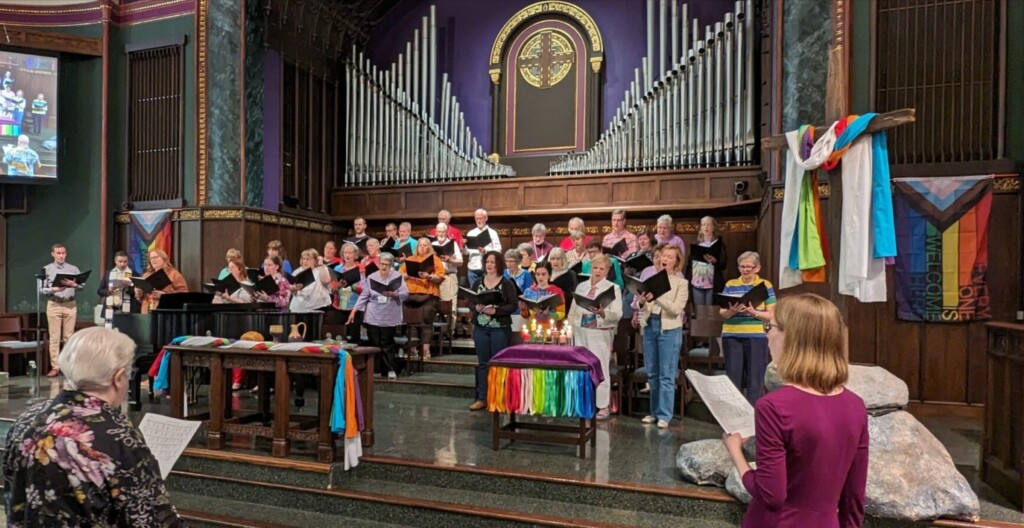


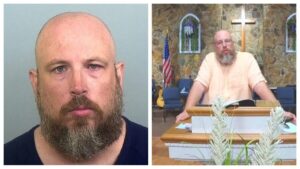
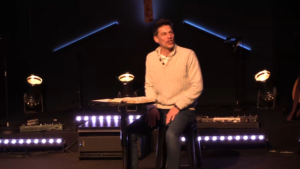
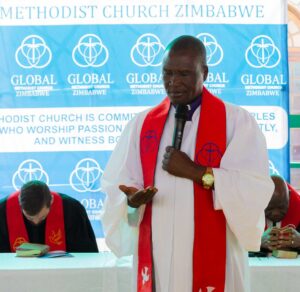

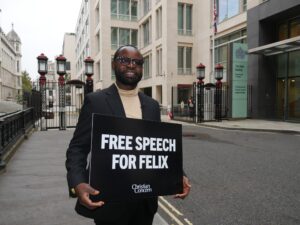



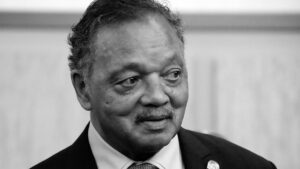


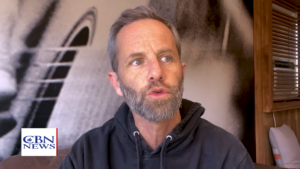




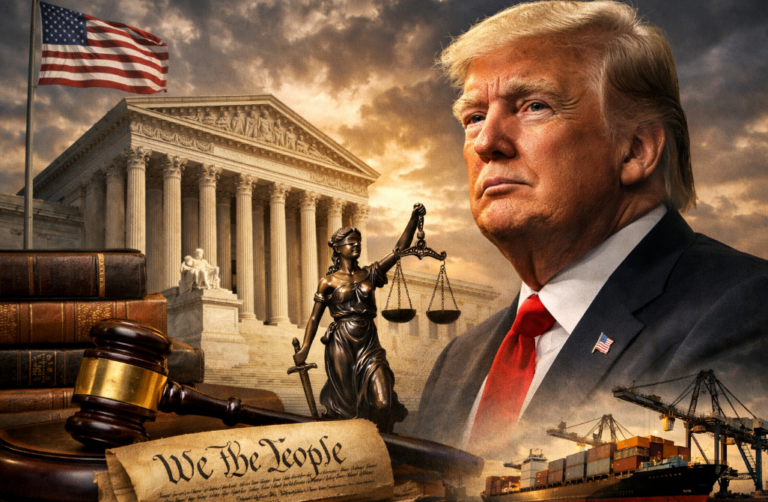

7 responses to “Majority of PCUSA Presbyteries Have Approved Amendment 24-C. This is Not Good”
I get paid over 220 Dollars per hour working from home with 2 kids at home. i never thought i’d be able to do it but my best friend earns over 15k a month doing this and she convinced me to try. it was all true and has totally changed my life. This is what I do, check it out by Visiting Following Website
HERE—————⊃⫸ https://tinyurl.com/46fjveeh
I get paid over 220 Dollars per hour working from home with 2 kids at home. i never thought i’d be able to do it but my best friend earns over 15k a month doing this and she convinced me to try. it was all true and has totally changed my life. This is what I do, check it out by Visiting Following Website….
HERE—————⊃⫸ https://tinyurl.com/5te35yvy
I get paid over 220 Dollars per hour working from home with 2 kids at home. i never thought i’d be able to do it but my best friend earns over 15k a month doing this and she convinced me to try. it was all true and has totally changed my life. This is what I do, check it out by Visiting Following Website….
HERE—————⊃⫸ https://tinyurl.com/5te35yvy
Soon Redeemed Zoomer will be tweeting his support for homosexuality. Otherwise, his chances of ever becoming a presbyter in his beloved PCUSA are over.
Hey Dave,
I get paid over 220 Dollars per hour working from home with 2 kids at home. i never thought i’d be able to do it but my best friend earns over 15k a month doing this and she convinced me to try. it was all true and has totally changed my life. This is what I do, check it out by Visiting Following Website….
HERE—————⊃⫸ https://tinyurl.com/5te35yvy
“At this point what difference does it make?”
The PC(USA) isn’t a church or a Christian denomination, it’s a synagogue of Satan.
But Redeemed Zoomer wants to know if you’d rather go to a gay PCUSA church with a Lesbian Pastor who preaches that you should trans your kids but who holds the Nicene Creed, or a Mormon church with a straight male pastor who has a wife and kids but denies the Nicene Creed?
He’s frequently making such stupid false dilemmas on X to slide young zoomer dorks to PCUSA gay.